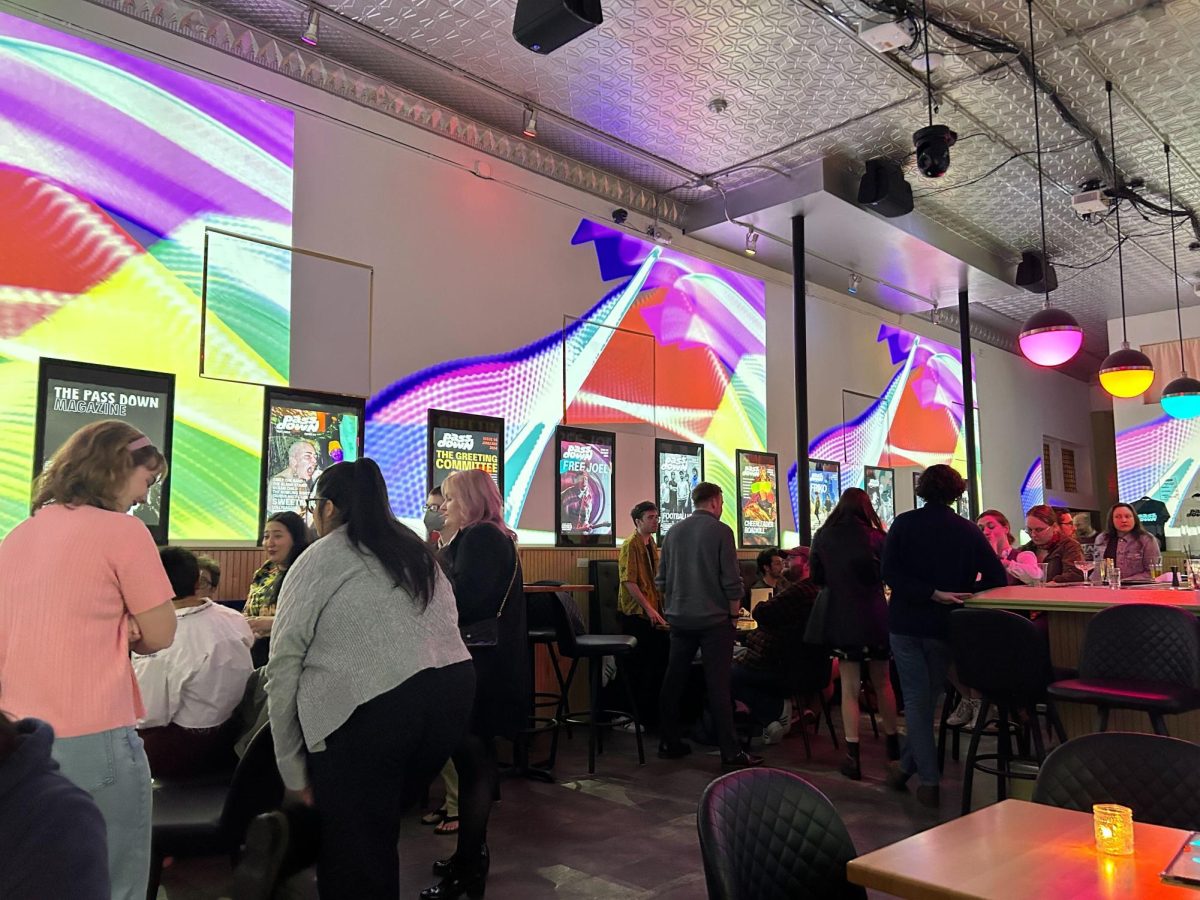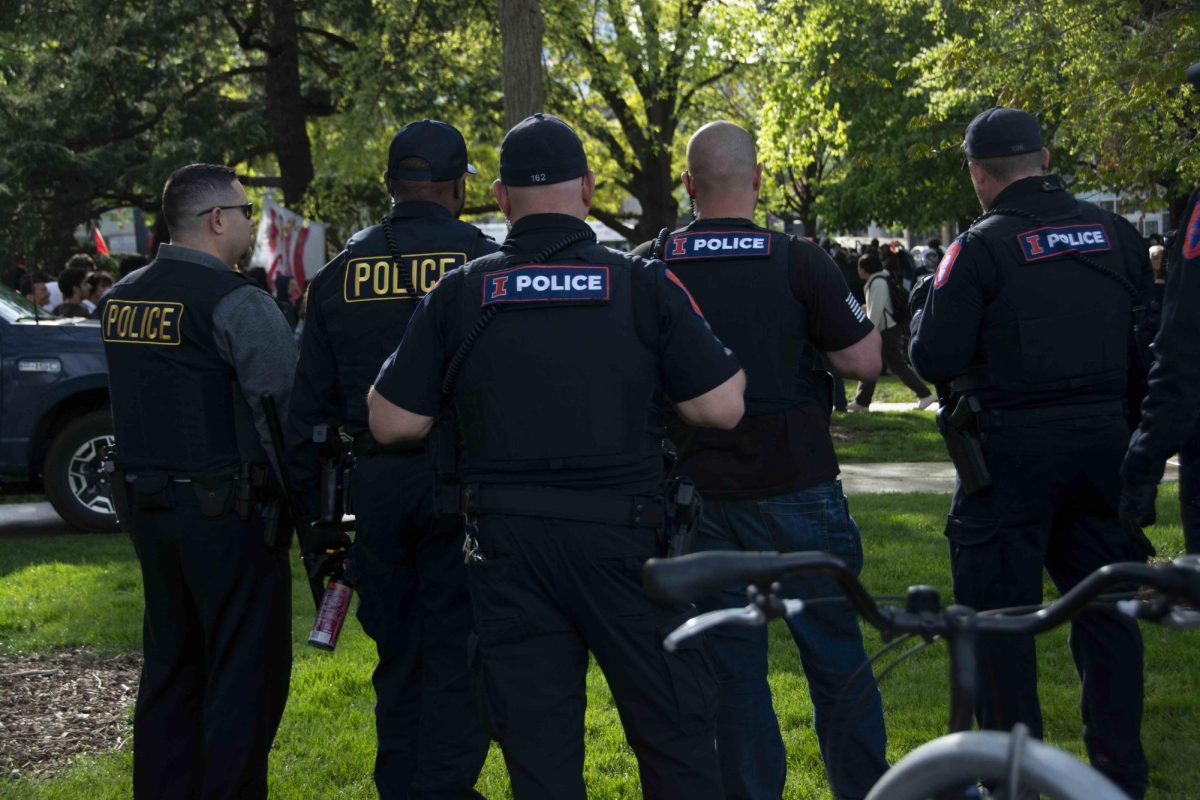Amidst efforts to bridge the gap between police and community, citizens from the Urbana and Champaign communities gathered at Salem Baptist Church in Champaign to hear African American ex-police chief Leon Frazier speak regarding what the people of Champaign-Urbana can do to build a better relationship with area police.
“We need a change in the environment and a change in our community,” said Aaron Montgomery, a 20-year-old Champaign resident, at the Friday night event. “They say ‘peace and justice’ and that the police are for us, but I don’t feel that they are for us.”
Champaign-Urbana Citizens for Peace and Justice, or CUCPJ, sponsored the event. CUCPJ was one of the main groups involved in the Kiwane Carrington case, in which a 15-year-old African American boy was shot by a Champaign police officer. Regina Pritchett, member of CUCPJ and University graduate student, said she believes much of the tensions felt between the police and the community are a result of the Kiwane Carrington case.
“Even if it was an accident, no one said ‘This shouldn’t have happened’ or that it was a tragedy,” she said. “So there’s really no way for the community to heal if there isn’t any recognition that there was any wrongdoing.”
While many of the citizens attending the speech expressed the same concerns as Pritchett, Frazier said not all police officers are bad people.
Get The Daily Illini in your inbox!
“Some are good, some are bad and some are ugly,” he said.
Frazier said he believes that most of the negative ideas about police officers come from a lack of understanding.
“What I’ve found is that there are a lot of people who, one, don’t really understand police officers, and two, are afraid of police officers,” he said.
While Frazier acknowledged that racial profiling and police brutality do exist within police departments, he said relations between the community and the police will not improve if the community does not make an effort to appreciate the work good police officers do.
“You all need to get busy and stop talking negative about the police in front of your young folk,” he said. “As long as you say stupid stuff like that and don’t evaluate what percentage of the police department is good, bad or ugly, you’re going to fail.”
But while Frazier said the good work the police do should be praised, he added that the bad work some police officers do should not go unchecked.
“You are all moving in the right direction to make sure the laws that exist will be enforced and developed as best as possible so that our society can be the best that it can be,” he said.
Frazier also said police should still be held accountable for their actions, citing the example that if a mother’s son is arrested, she has the right to know why.
“Somebody needs to talk to that mother, and they need to tell that mother why they just arrested her son,” he said.
Frazier closed by saying that Champaign-Urbana residents cannot look for an instant solution to the problems between the police department and the community, comparing the mending of the community’s relationship with the police to the growth of a stalk of corn.
“You had the patience and you did your duty; you developed a stalk of corn,” Frazier said. “And that’s just the way this whole thing will happen as you struggle to build your relationship with your police department.”




